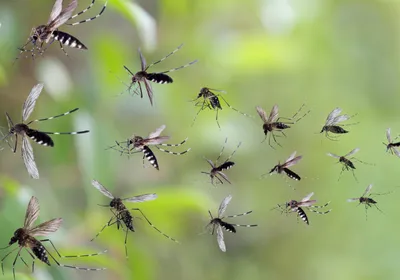 Elizabeth Holmes, CEO and founder of TheranosWIKIMEDIA, GLENN FAWCETTTheranos’s best hope for a comeback—a blood-based test called miniLab—is already in hot water. According to a news release, Theranos researchers demonstrated the success of their Zika blood test on the device, but officials at the US Food and Drug Administration (FDA) now say that the company did not implement proper patient-safety protocols, The Wall Street Journal (WSJ) reported. Theranos, which made headlines earlier this year for troubles with substandard laboratory conditions and allegations of criminal activity, has now withdrawn its request for emergency clearance of the Zika test.
Elizabeth Holmes, CEO and founder of TheranosWIKIMEDIA, GLENN FAWCETTTheranos’s best hope for a comeback—a blood-based test called miniLab—is already in hot water. According to a news release, Theranos researchers demonstrated the success of their Zika blood test on the device, but officials at the US Food and Drug Administration (FDA) now say that the company did not implement proper patient-safety protocols, The Wall Street Journal (WSJ) reported. Theranos, which made headlines earlier this year for troubles with substandard laboratory conditions and allegations of criminal activity, has now withdrawn its request for emergency clearance of the Zika test.
“We hope that our decision to withdraw the Zika submission voluntarily is further evidence of our commitment to engage positively with the agency,” Dave Wurtz, Theranos’s vice president of regulatory, quality and clinical affairs, told WSJ.
When CEO Elizabeth Holmes, who was banned from operating a lab for two years after the company was caught selling inaccurate blood tests to consumers, announced the miniLab’s launch at the American Association for Clinical Chemistry (AACC) conference earlier this month (August 1), she claimed that the blood-based test would one day be able to run 160 different assays, from lipid panels to Zika tests. That same day, the company put out a press release stating that it had already tested the device on blood samples collected by finger ...




















